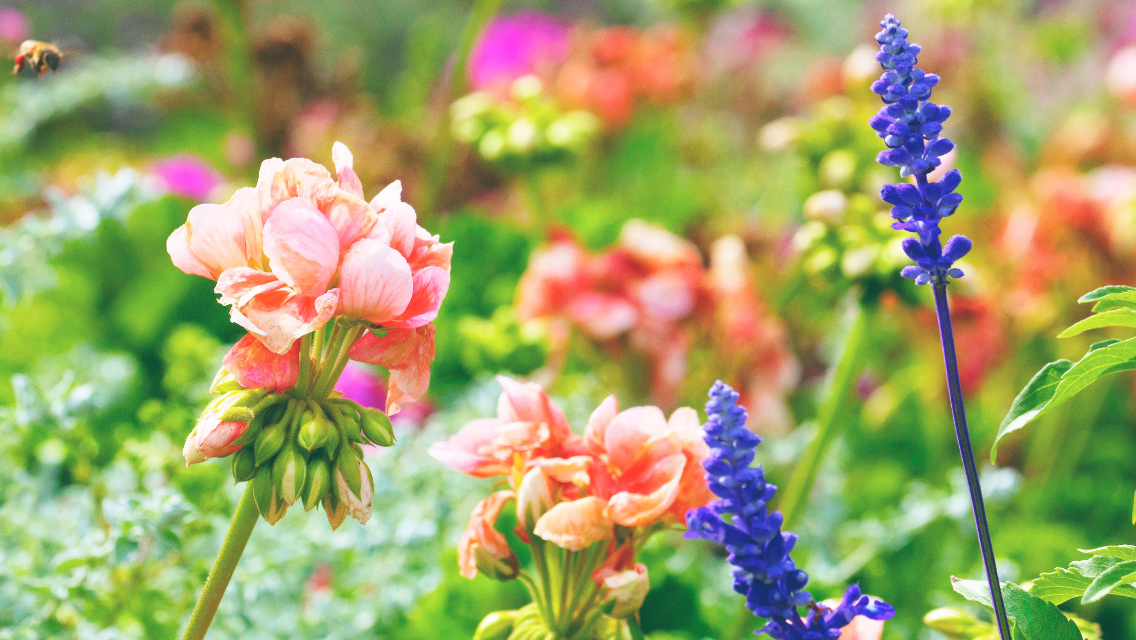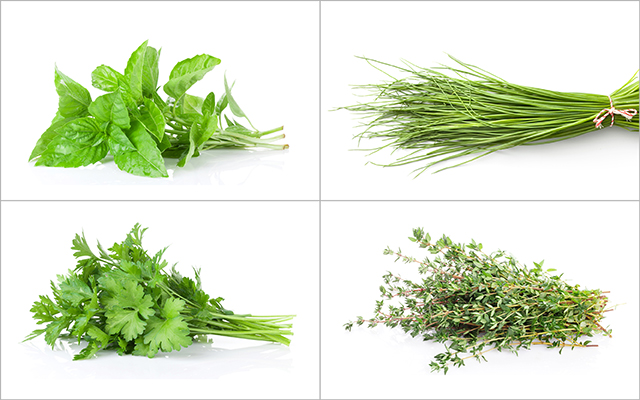Summertime is prime time for bothersome biting insects. But battling them with chemical-laden commercial repellent comes with health risks, and the natural brands don’t always work. To limit your exposure to bugs and toxins (and protect your children, your pets, and other living things), try planting some of these multitasking repellents. In addition to chasing pests away, these plants can make your yard more pollinator-friendly, beautify your garden, and even flavor your next meal.
Culinary Aids
Basil is toxic to mosquito larvae. When placed near standing water, it may prevent mosquitoes from laying eggs.
Peppermint is also toxic to mosquito larvae. All varieties of mint spread aggressively, so keep it in its own container to corral the roots.
Rosemary is a great addition to a vegetable plot, because its oils will repel a variety of destructive garden pests.
Bee Buddies
Horsemint is also known as wild bergamot or bee balm. Crush its leaves to release a mosquito-deterring fragrance. You can also use it — fresh or dried — to make tea.
Lavender, with its pungent scent, will ward off mosquitoes as well as moths, fleas, and other pests.
Lemon balm, like horsemint and lavender, is beloved by pollinators. It reseeds itself, so grow it in a separate pot to avoid a garden takeover.
Pretty Blooms
Floss flowers have fuzzy blue, pink, or purple blossoms and contain coumarin, a chemical that’s often used in commercial pesticides.
Marigolds are easy to grow and will chase away mosquitoes — and many bugs that prey on tomato plants.
Scented geraniums smell faintly of lemon and contain a small amount of citronella oil, which fends off mosquitoes.
This originally appeared as “Your Low-Mosquito Garden” in the June 2019 print issue of Experience Life.




This Post Has 0 Comments